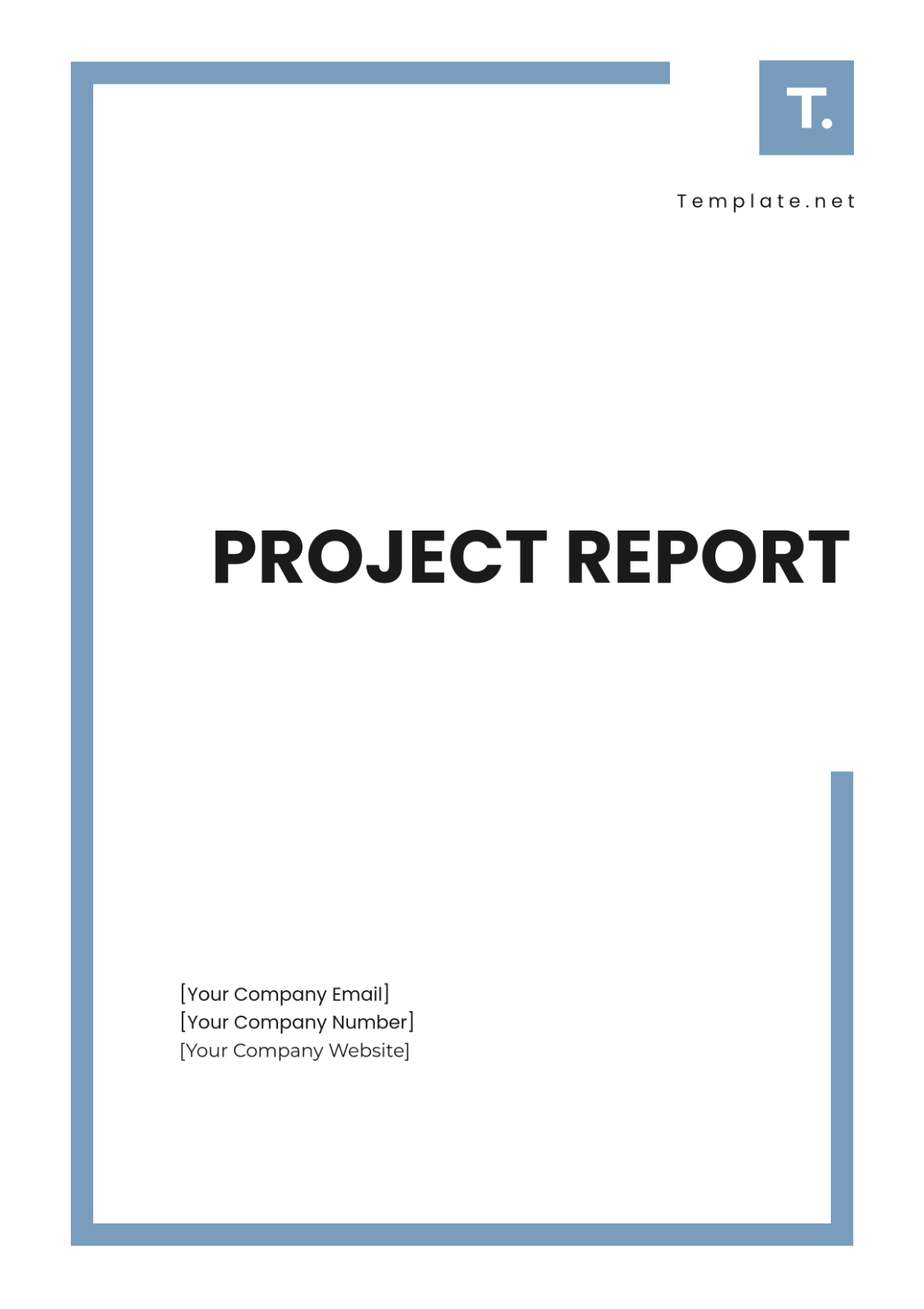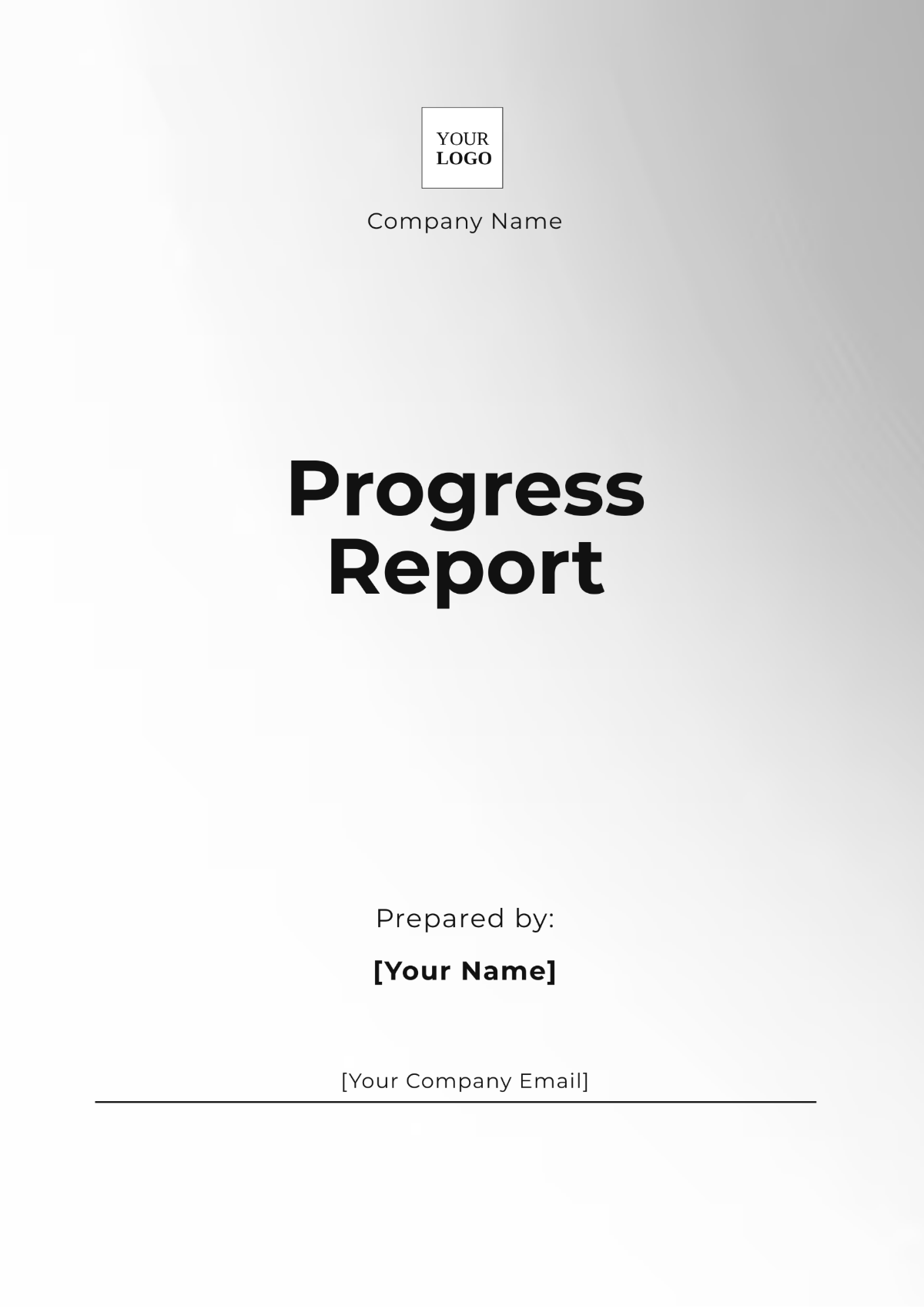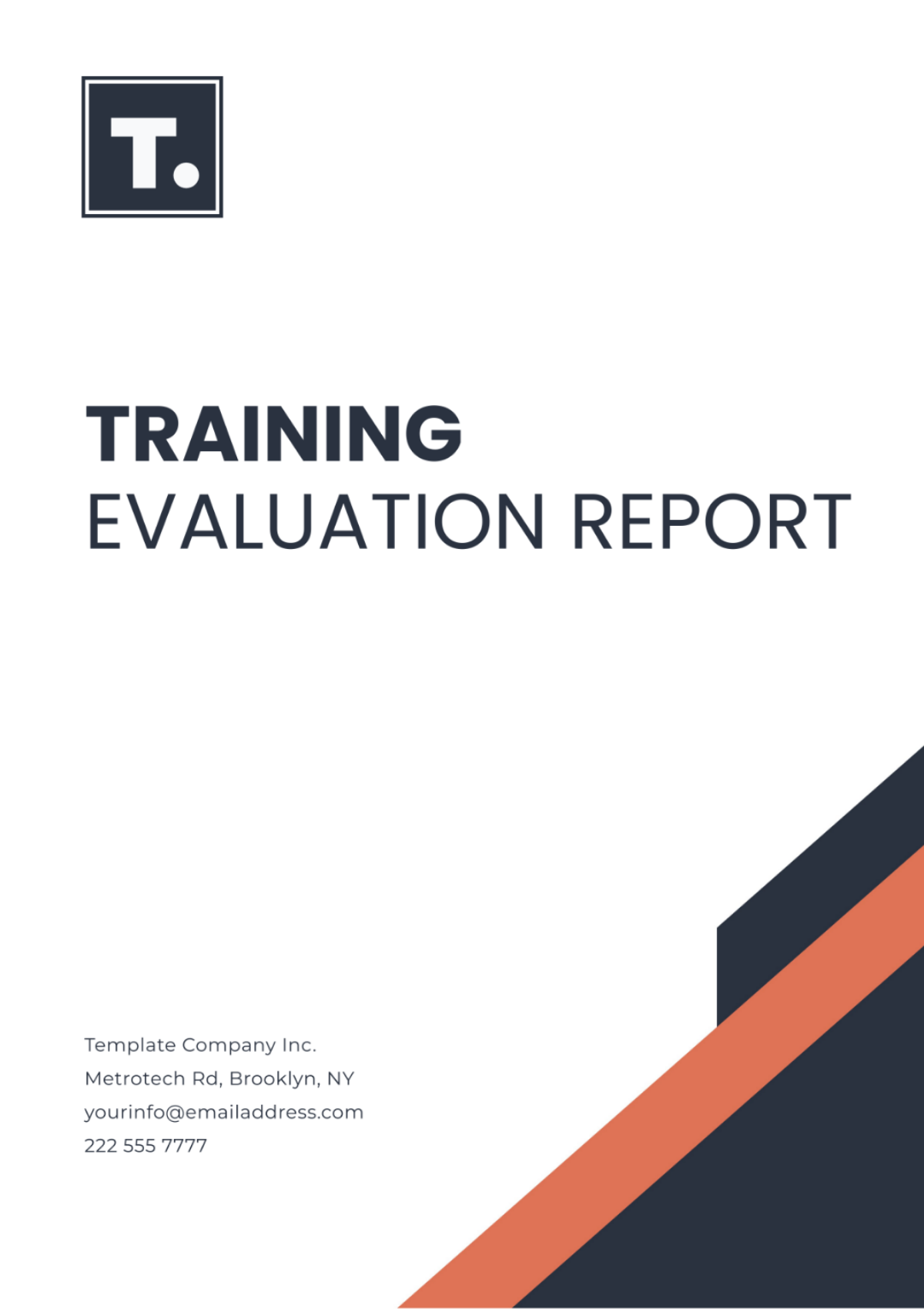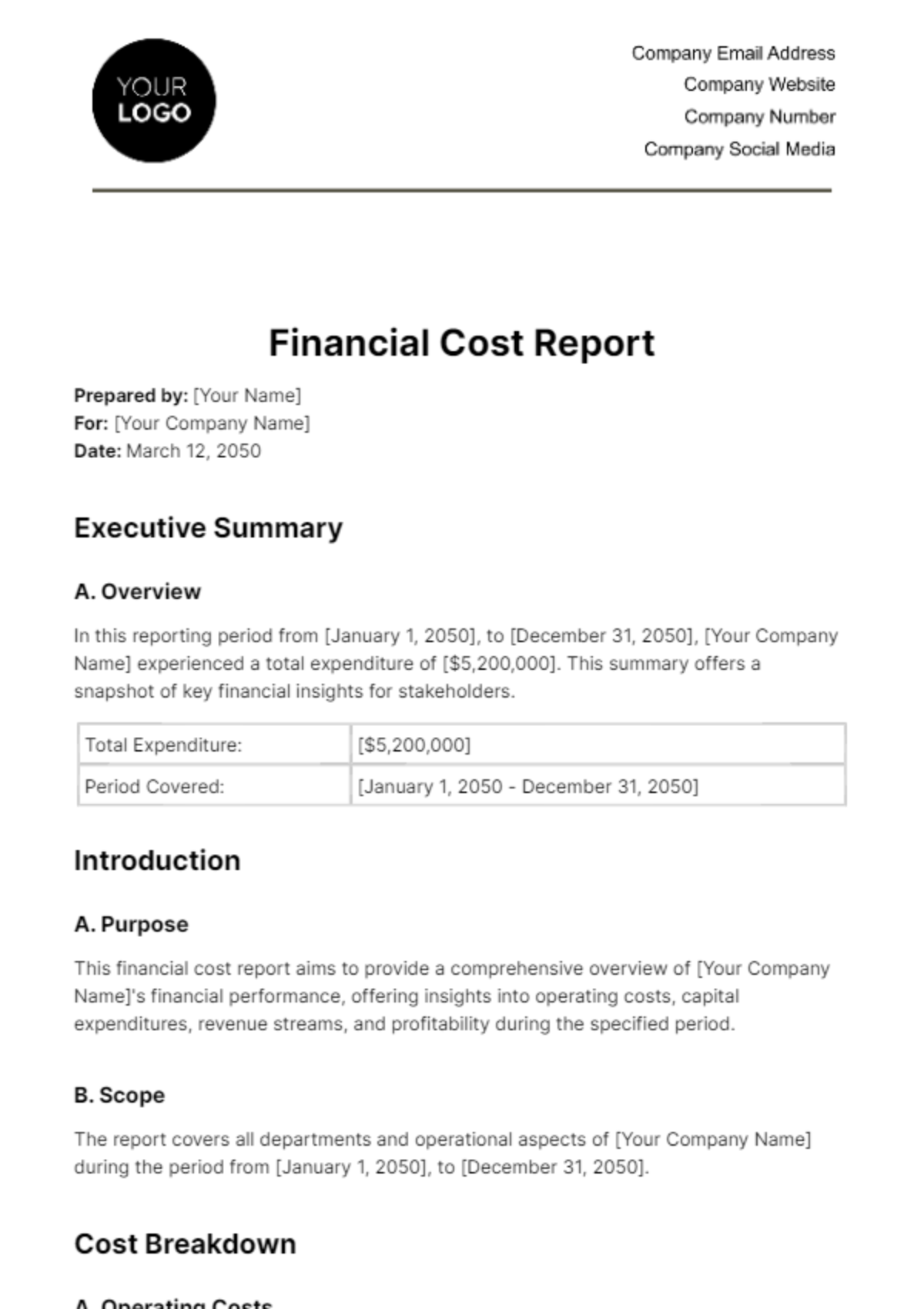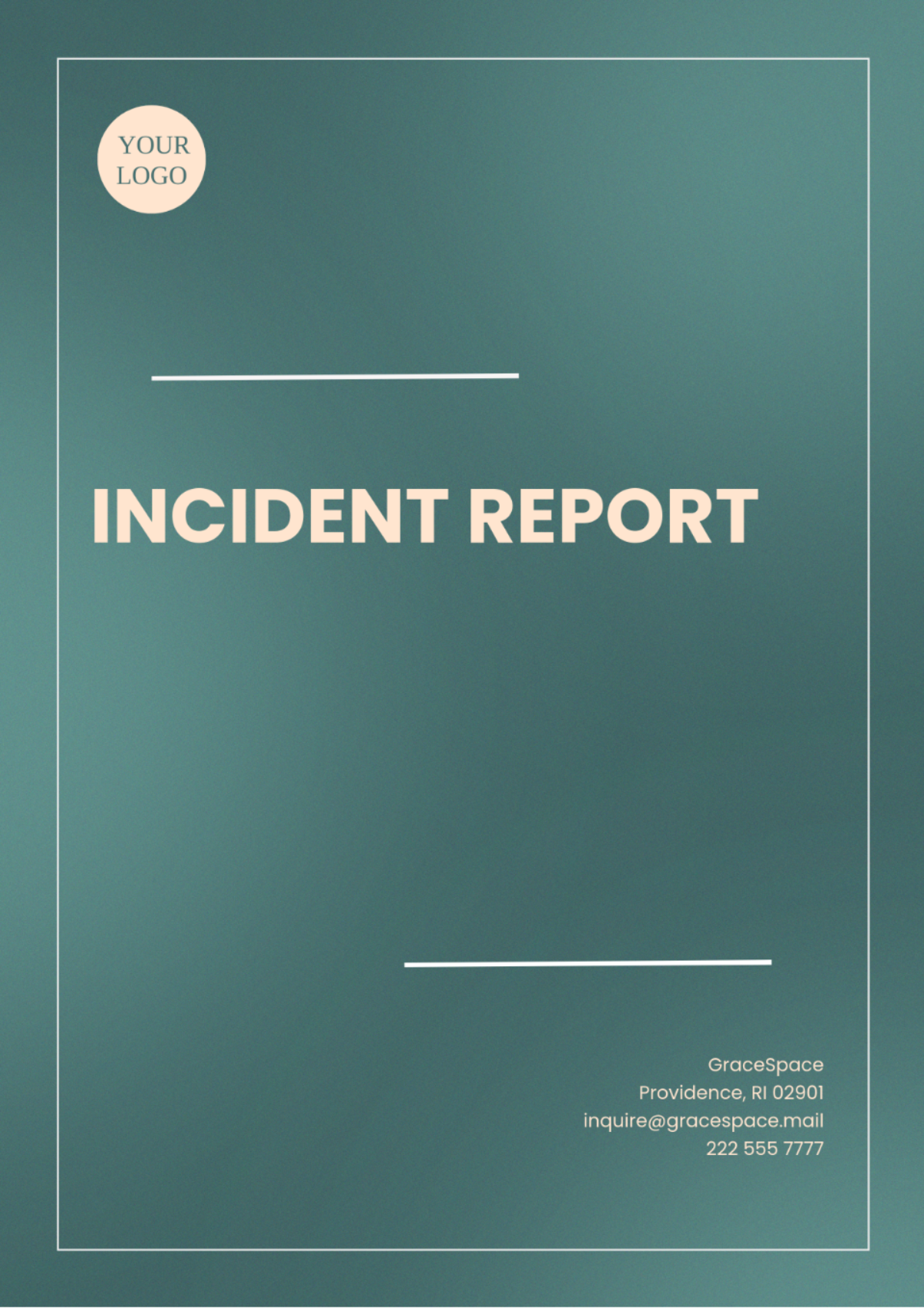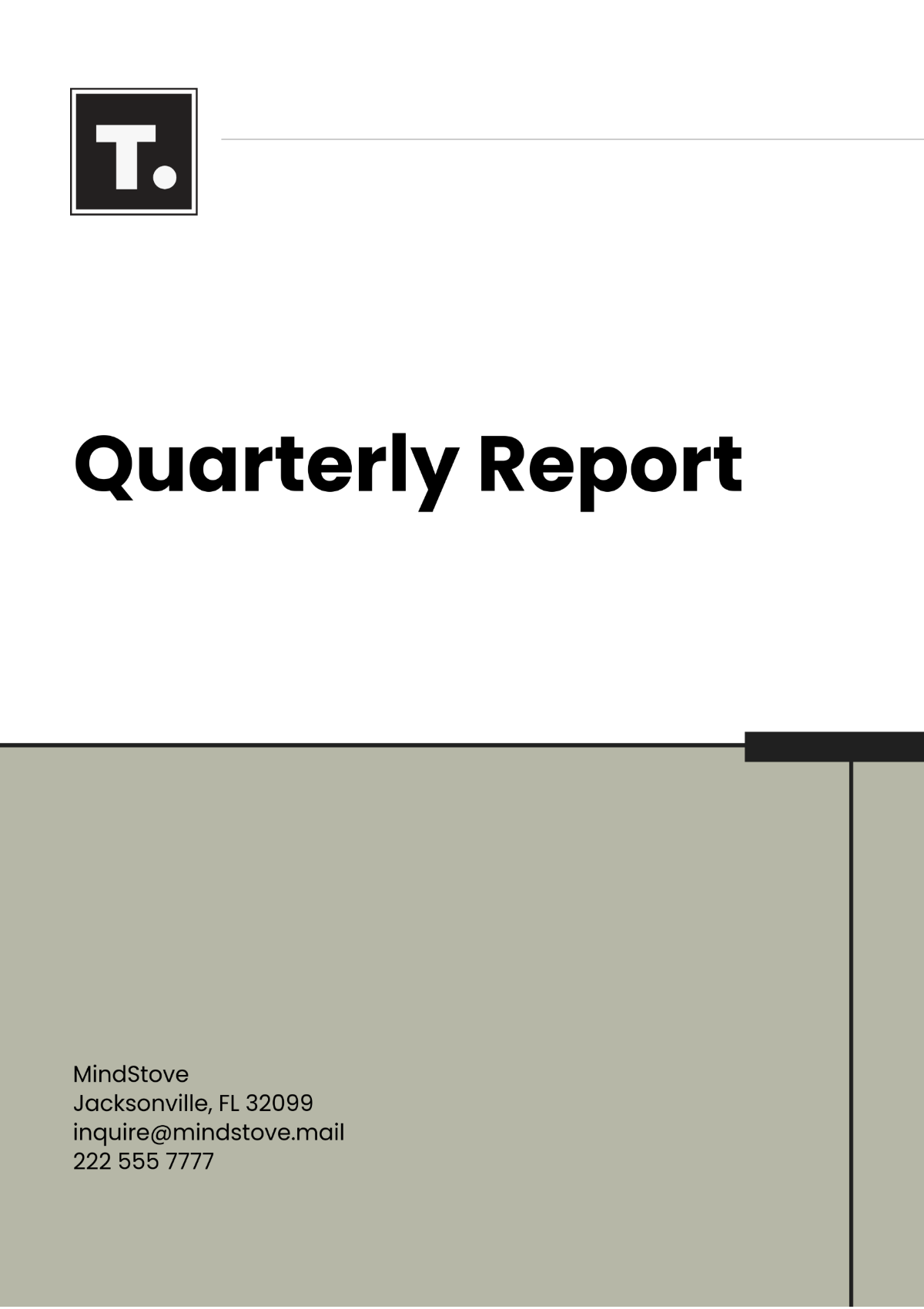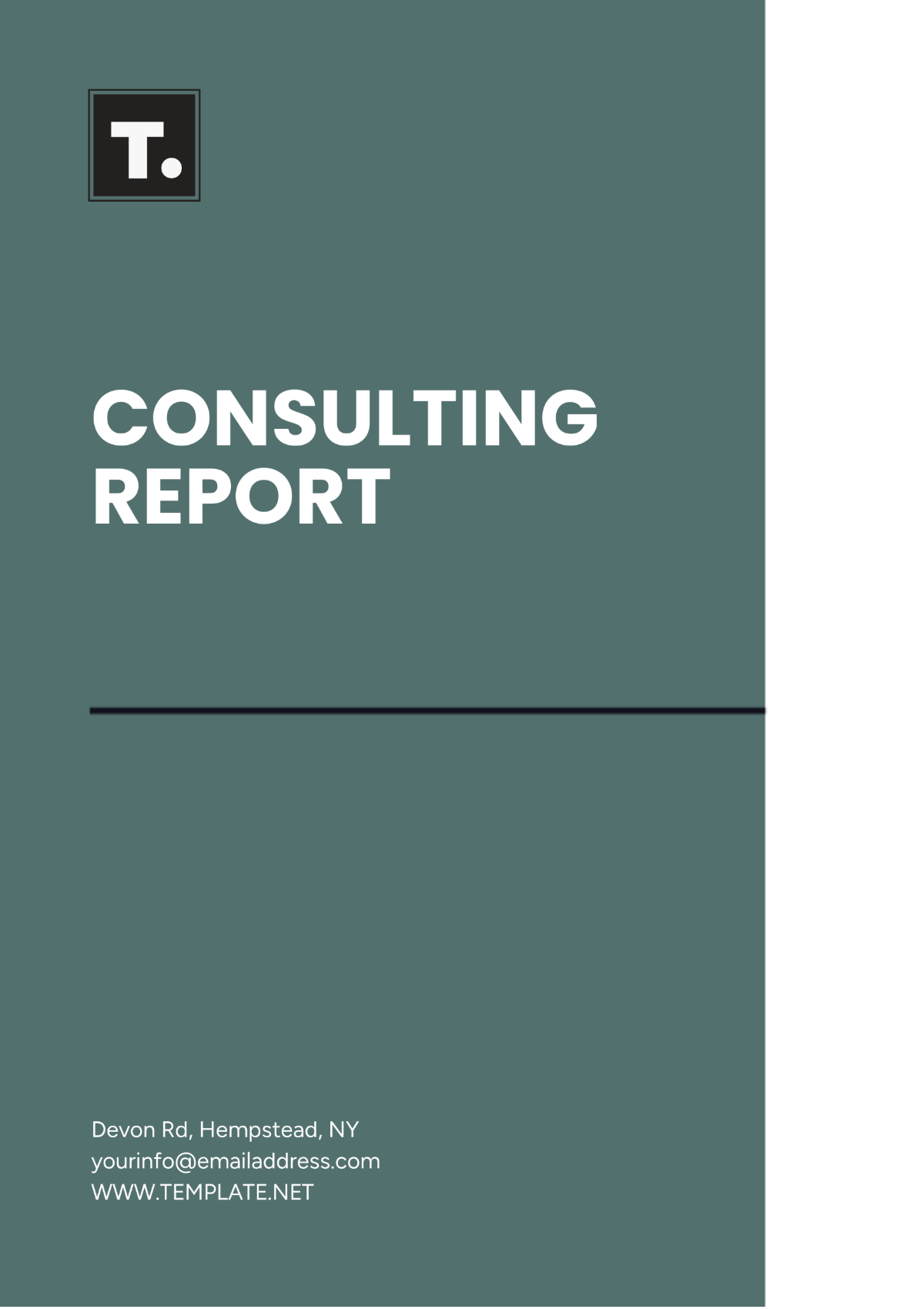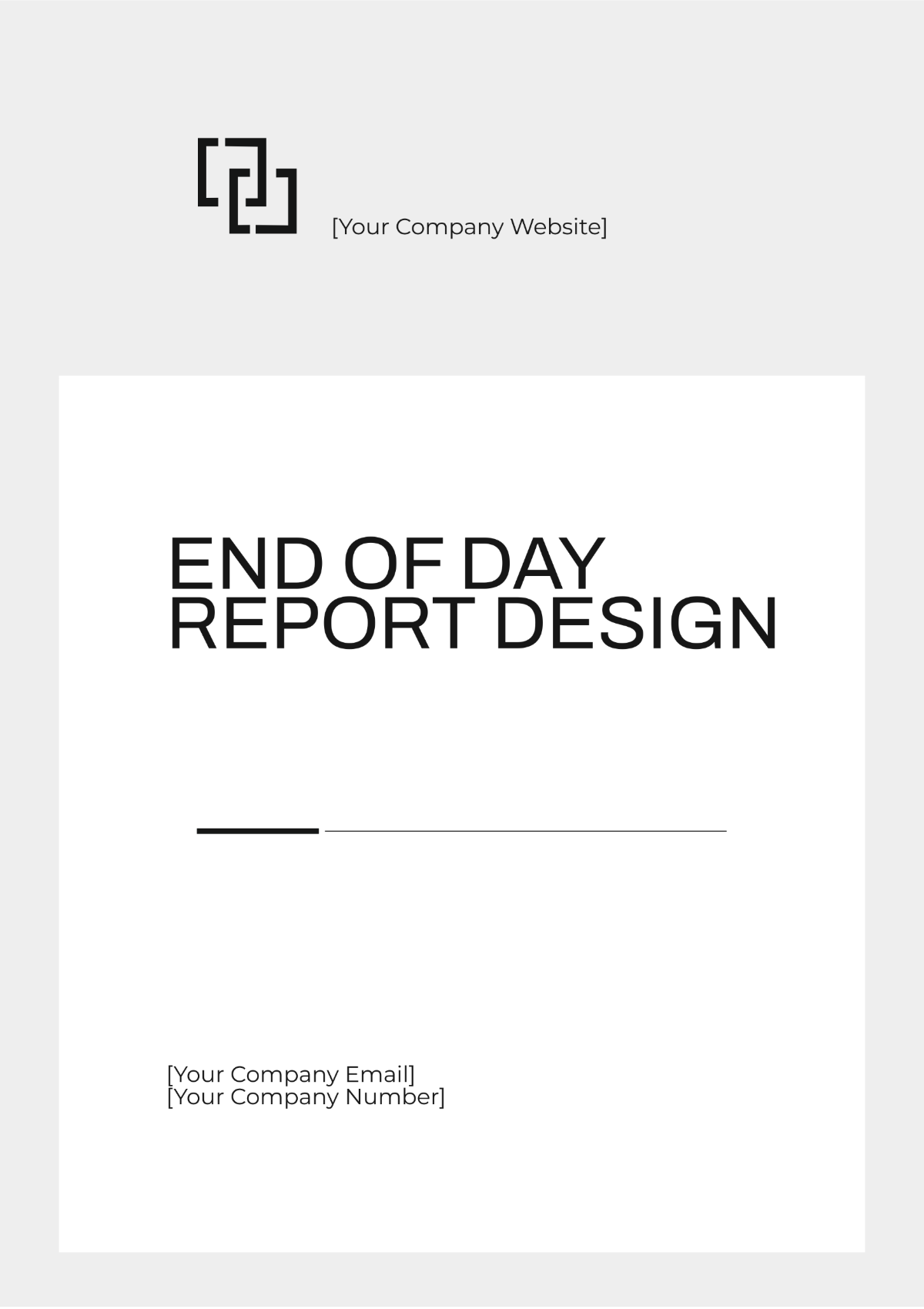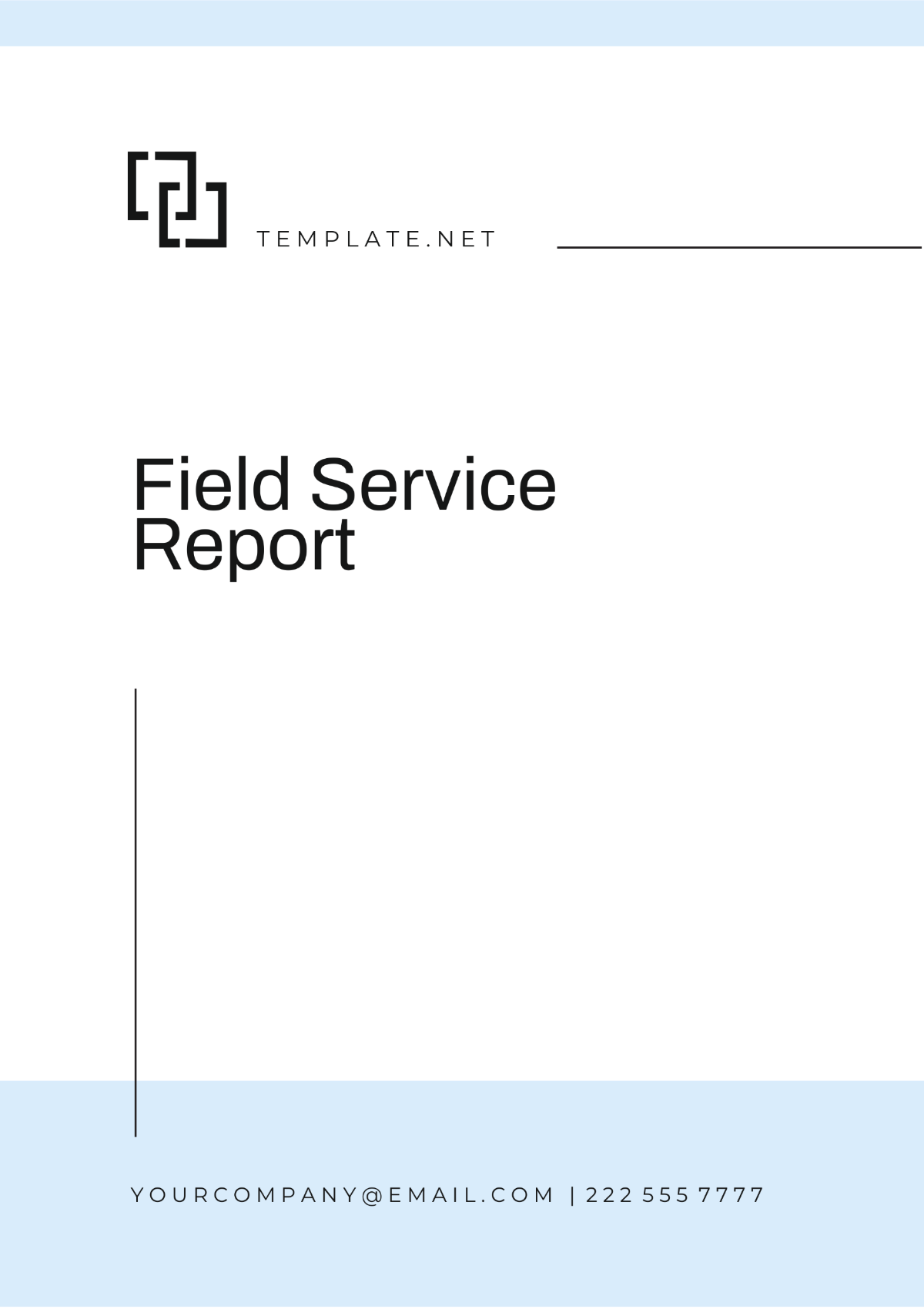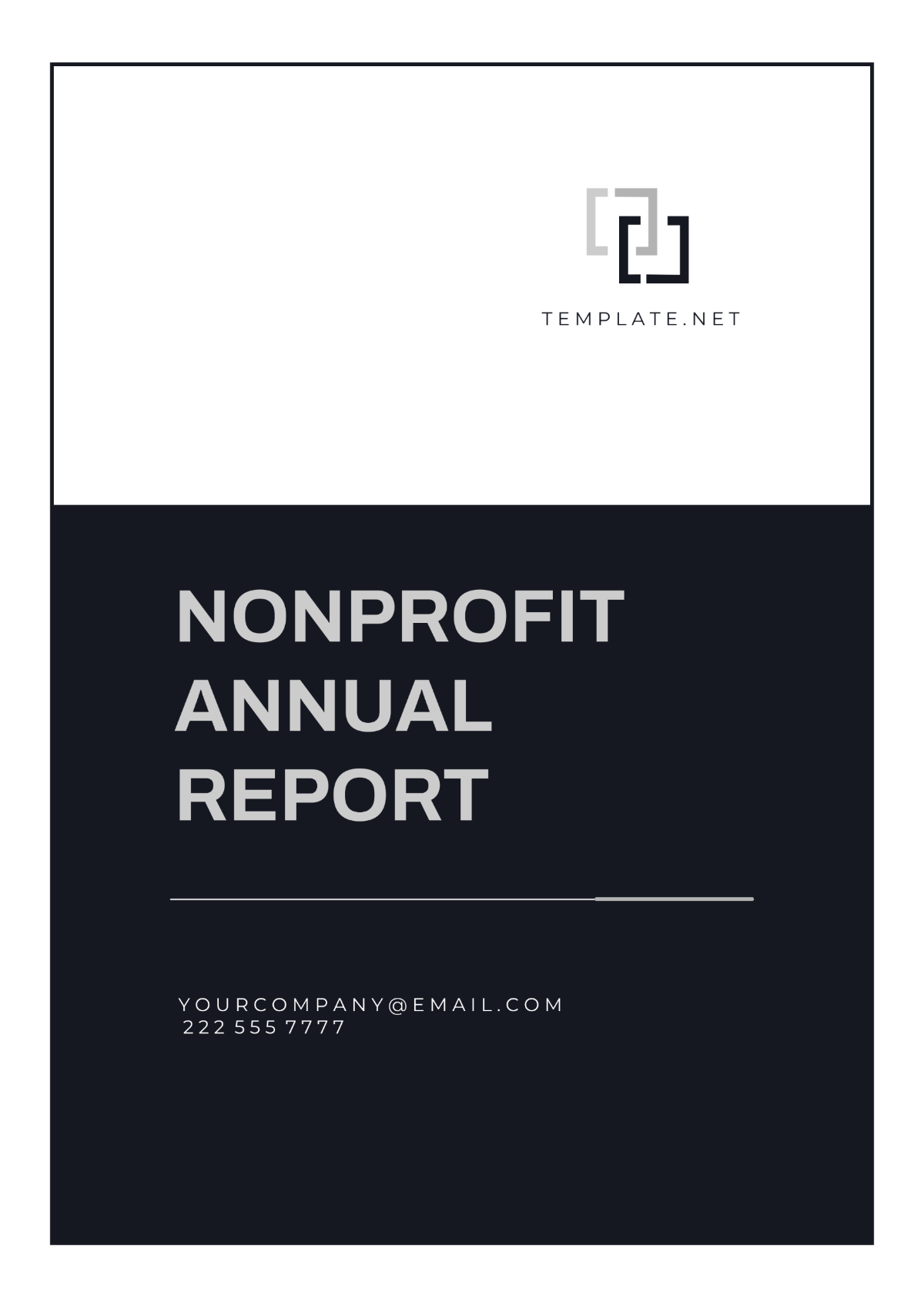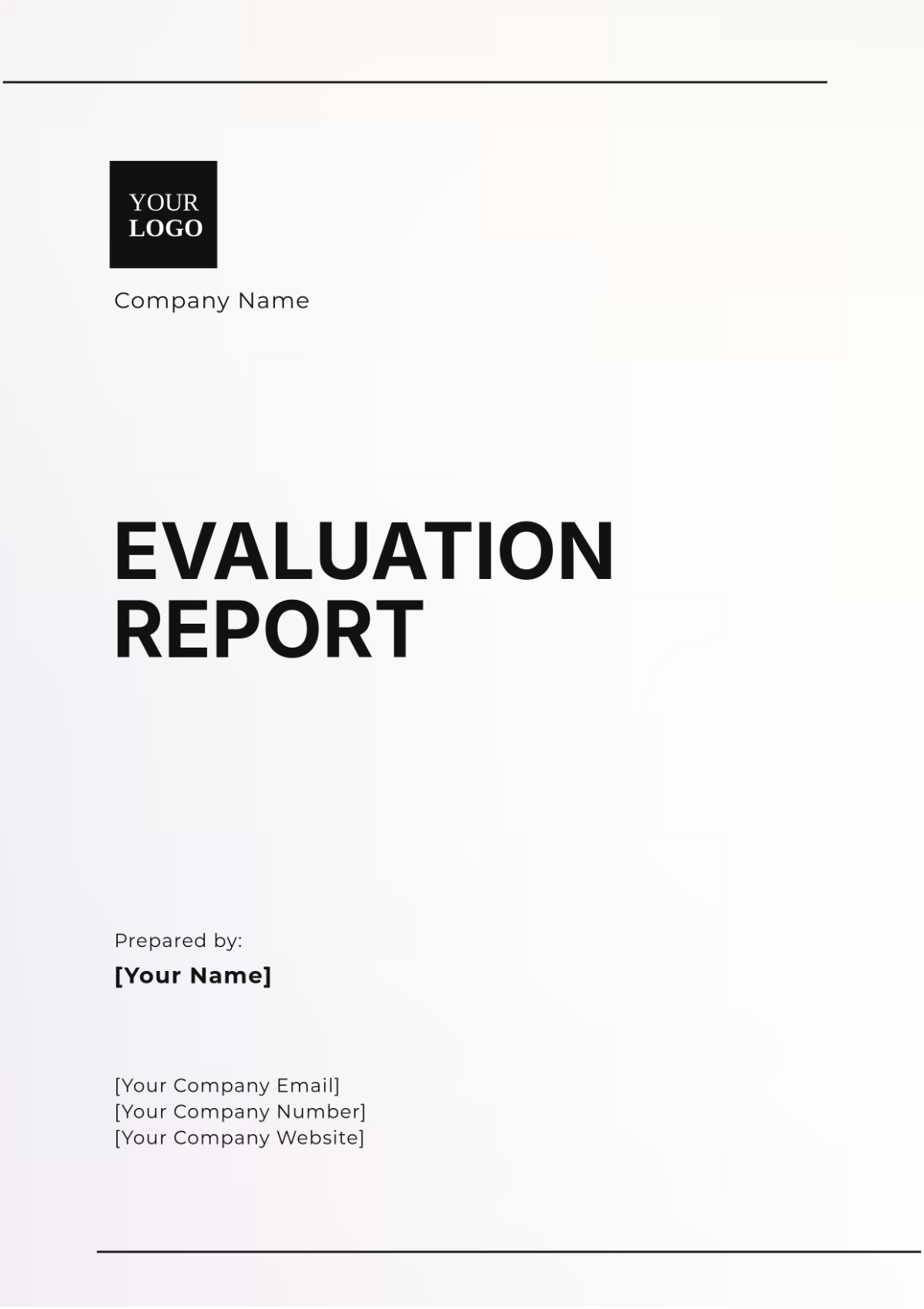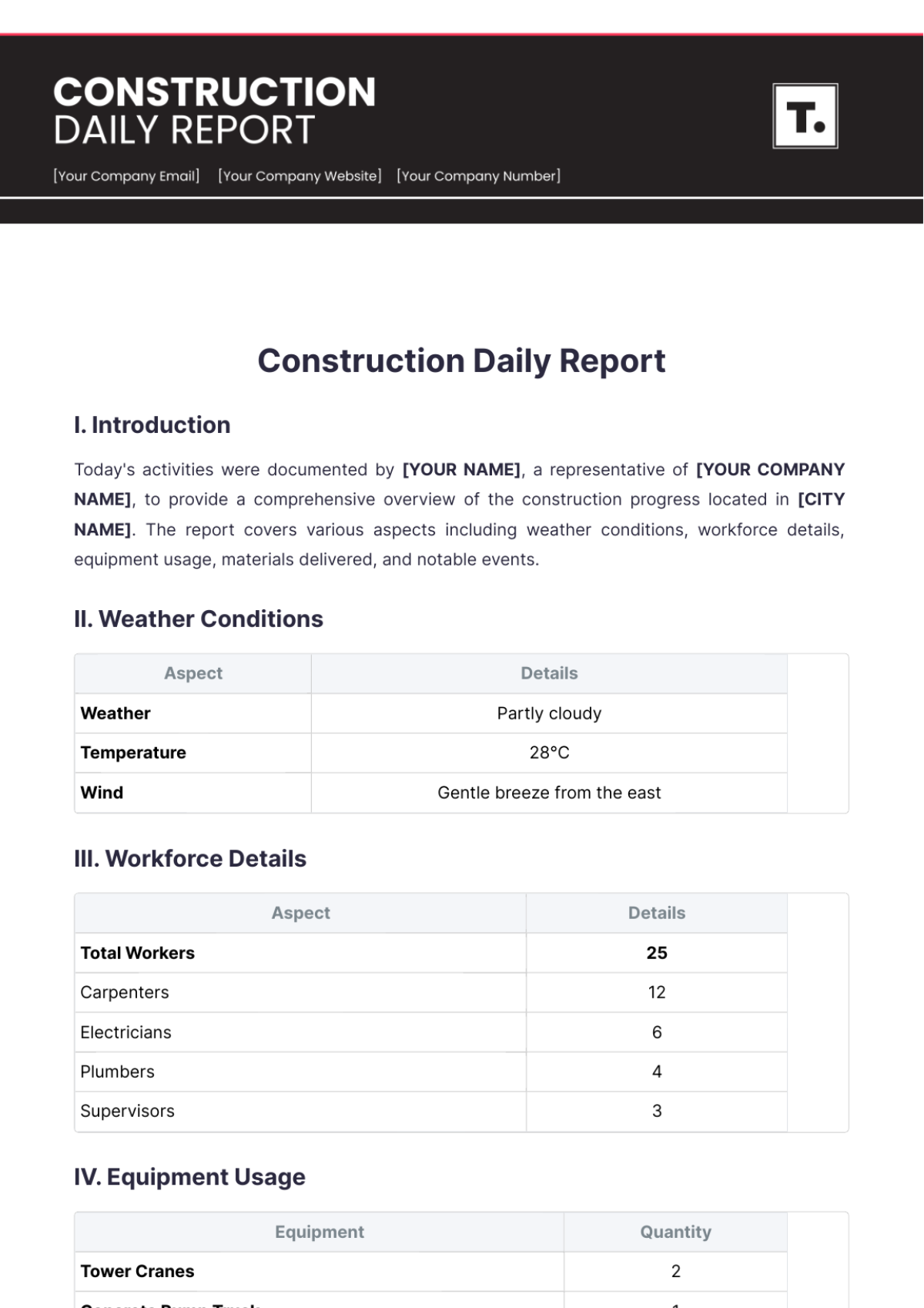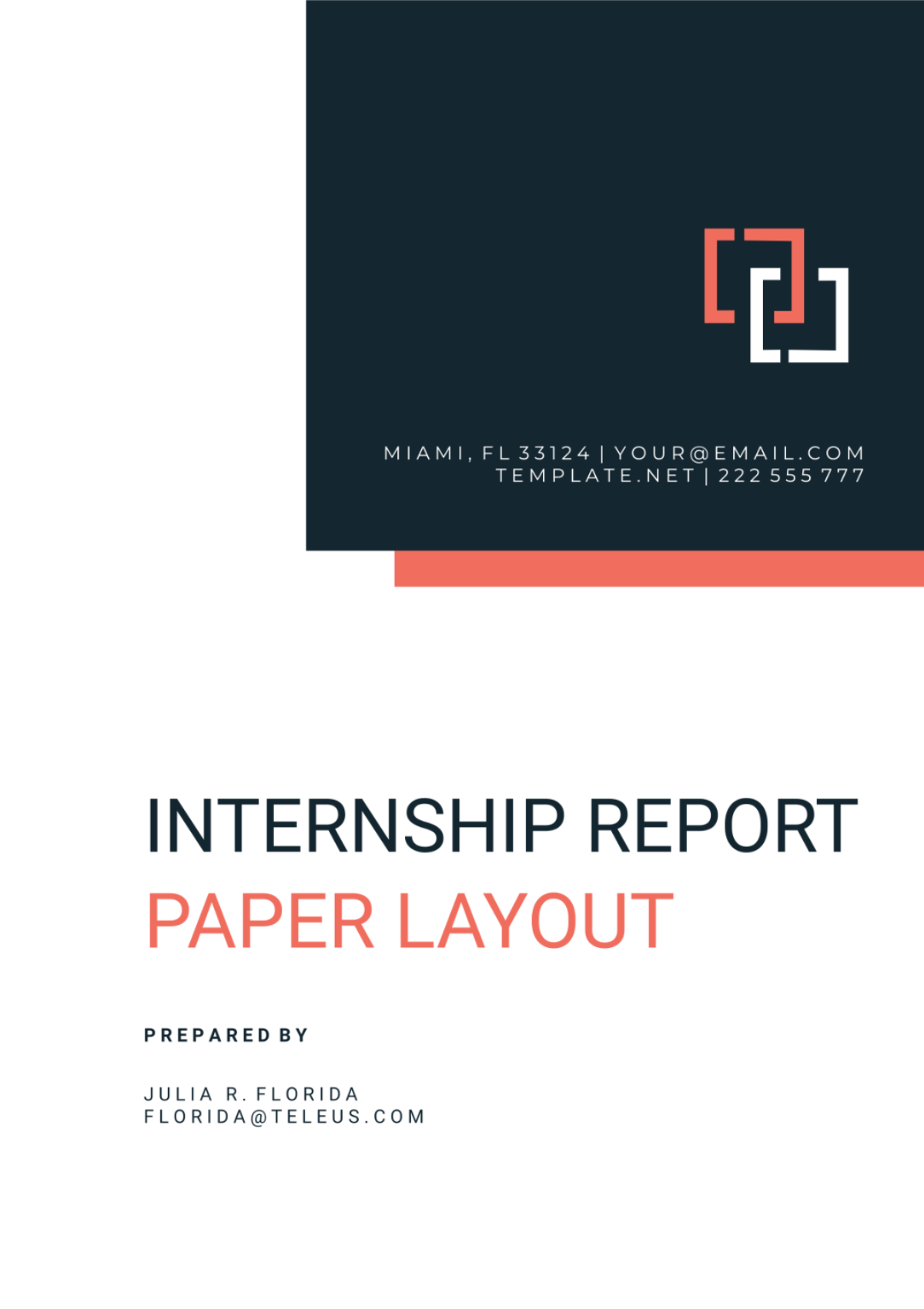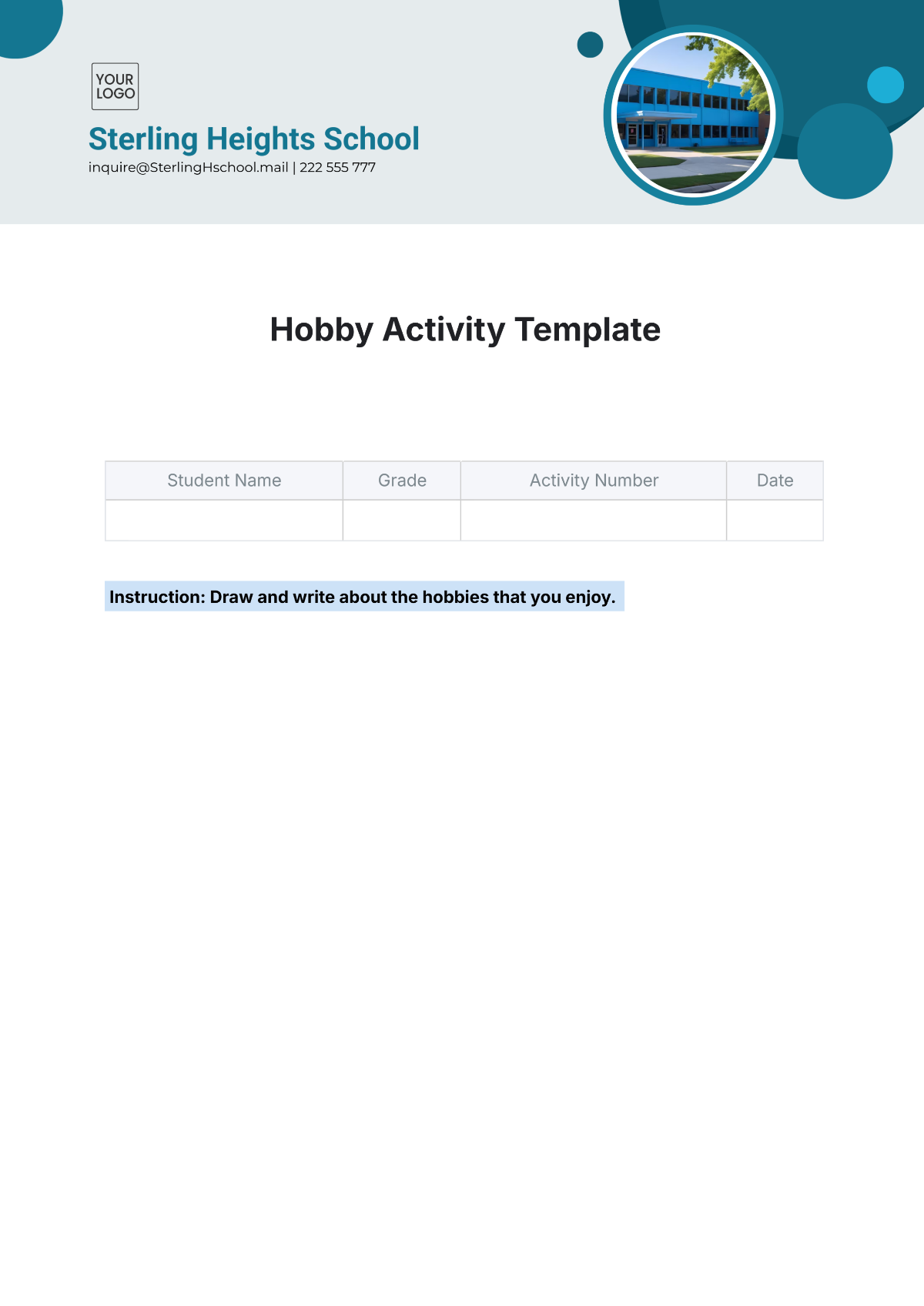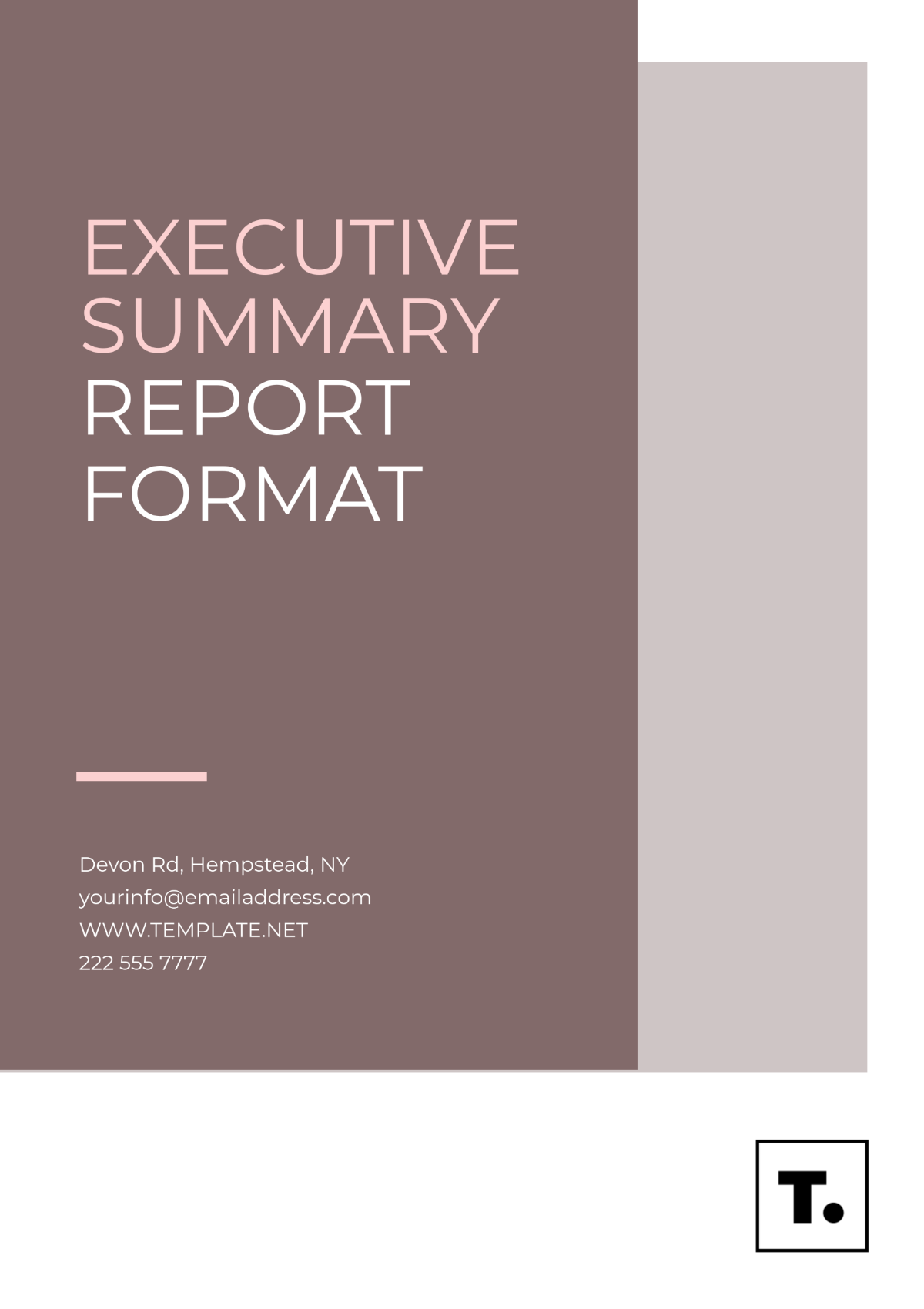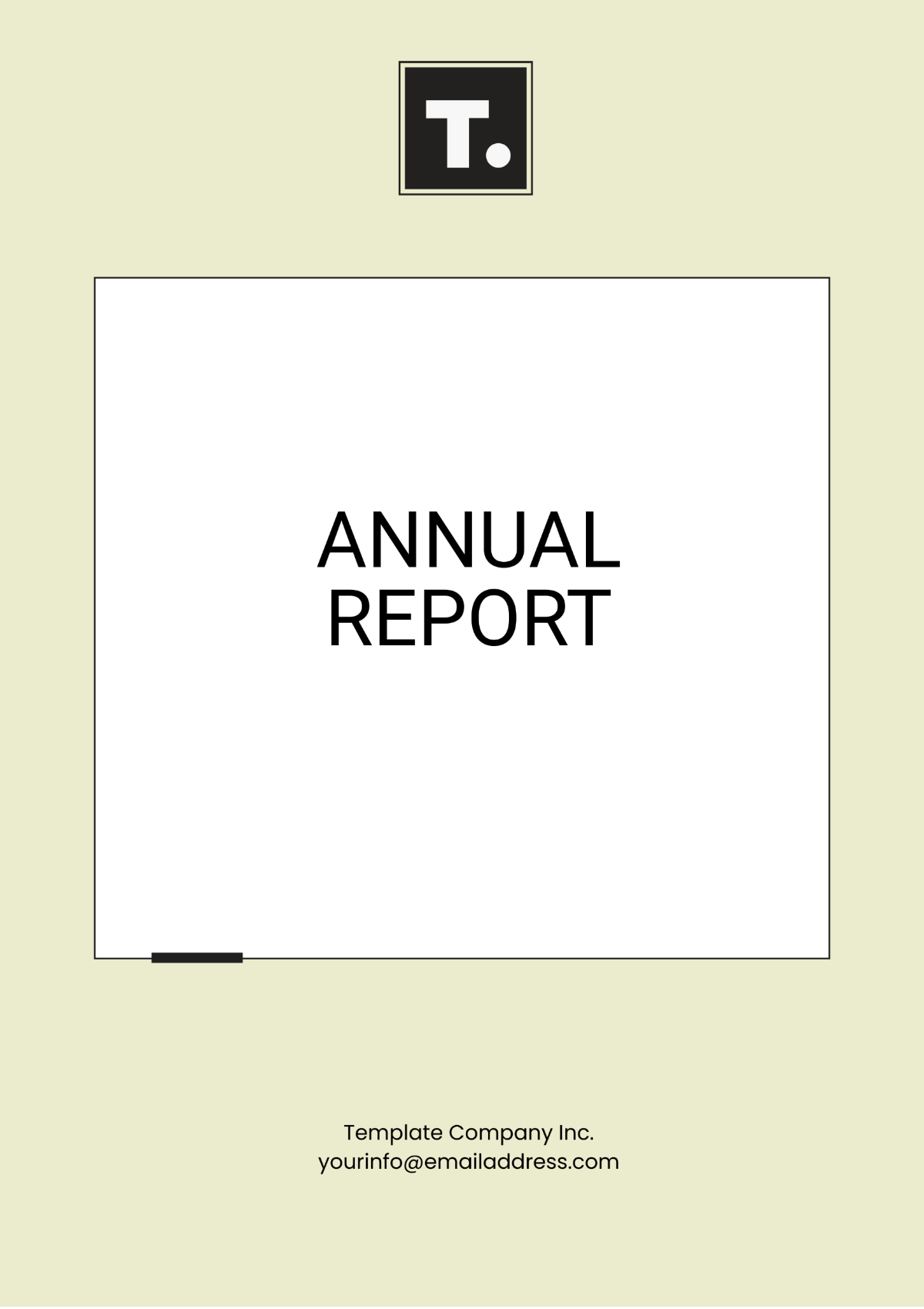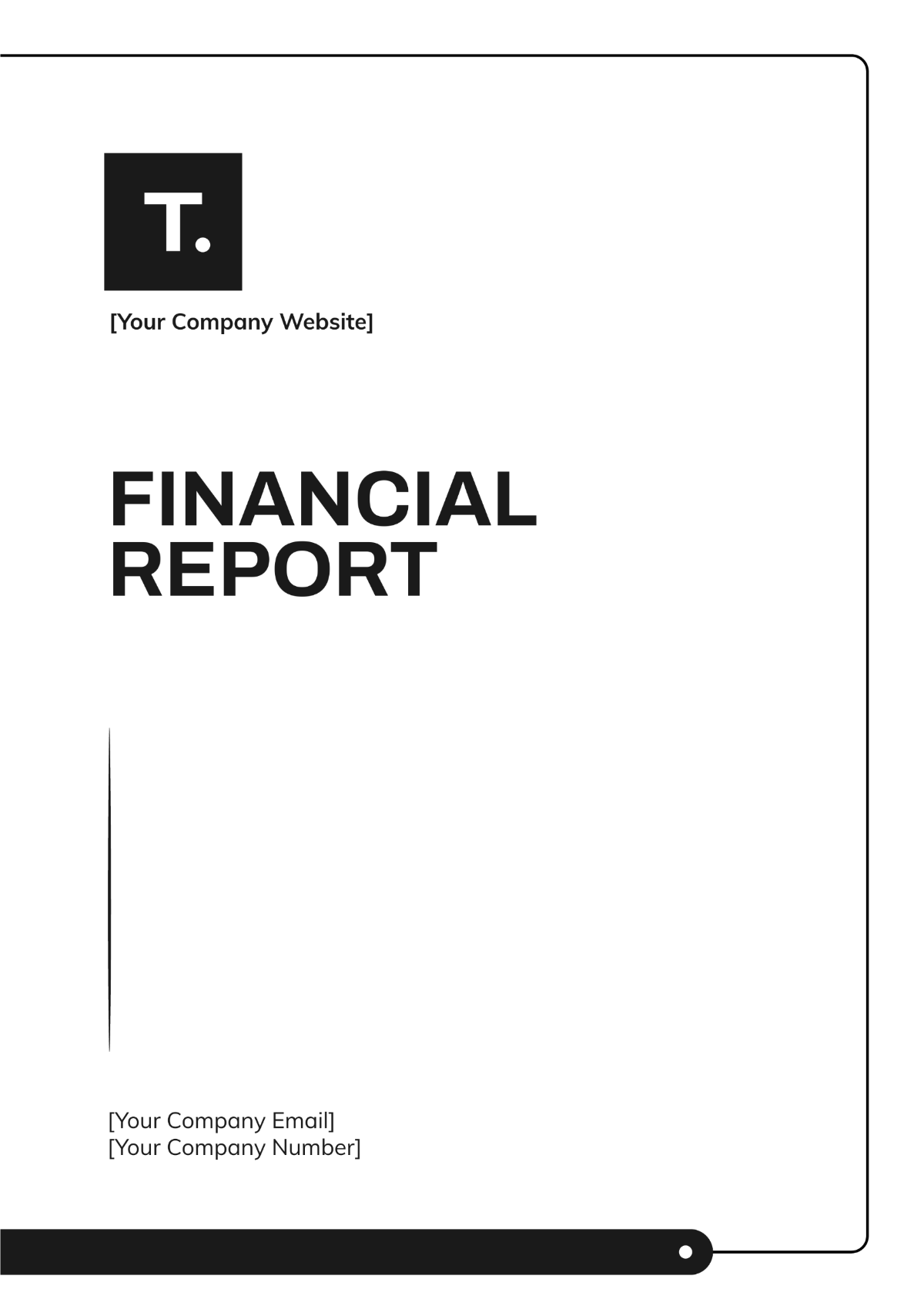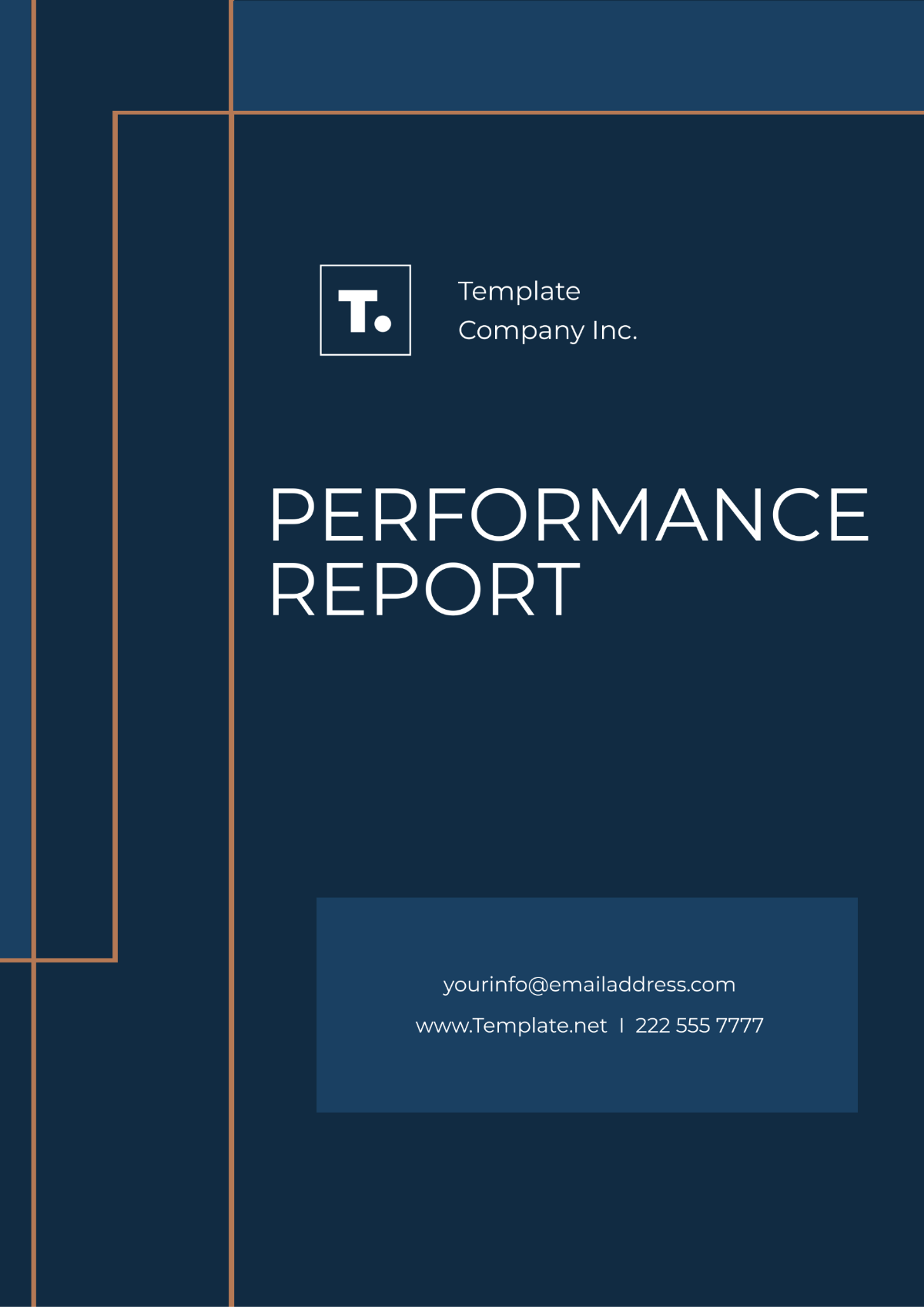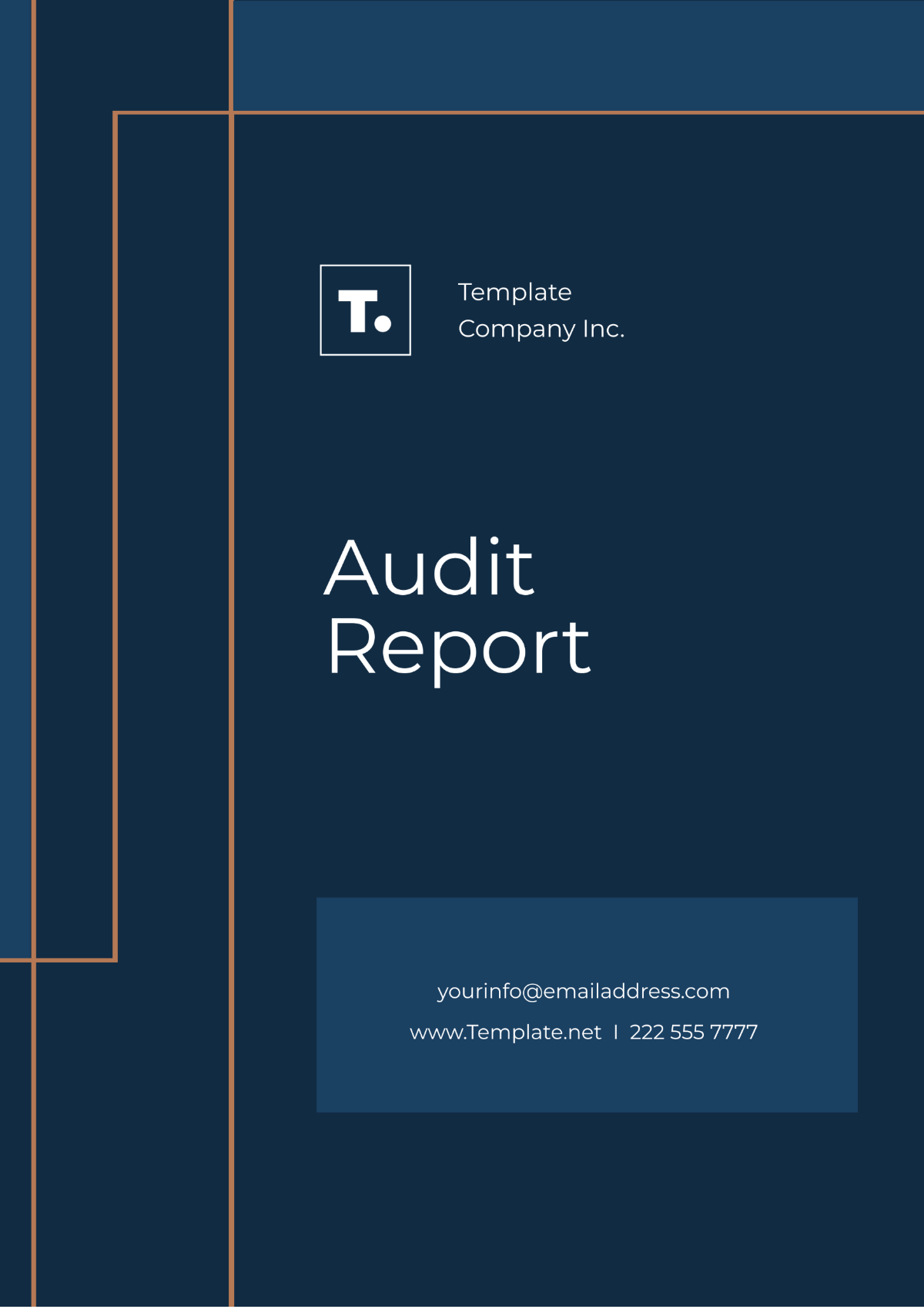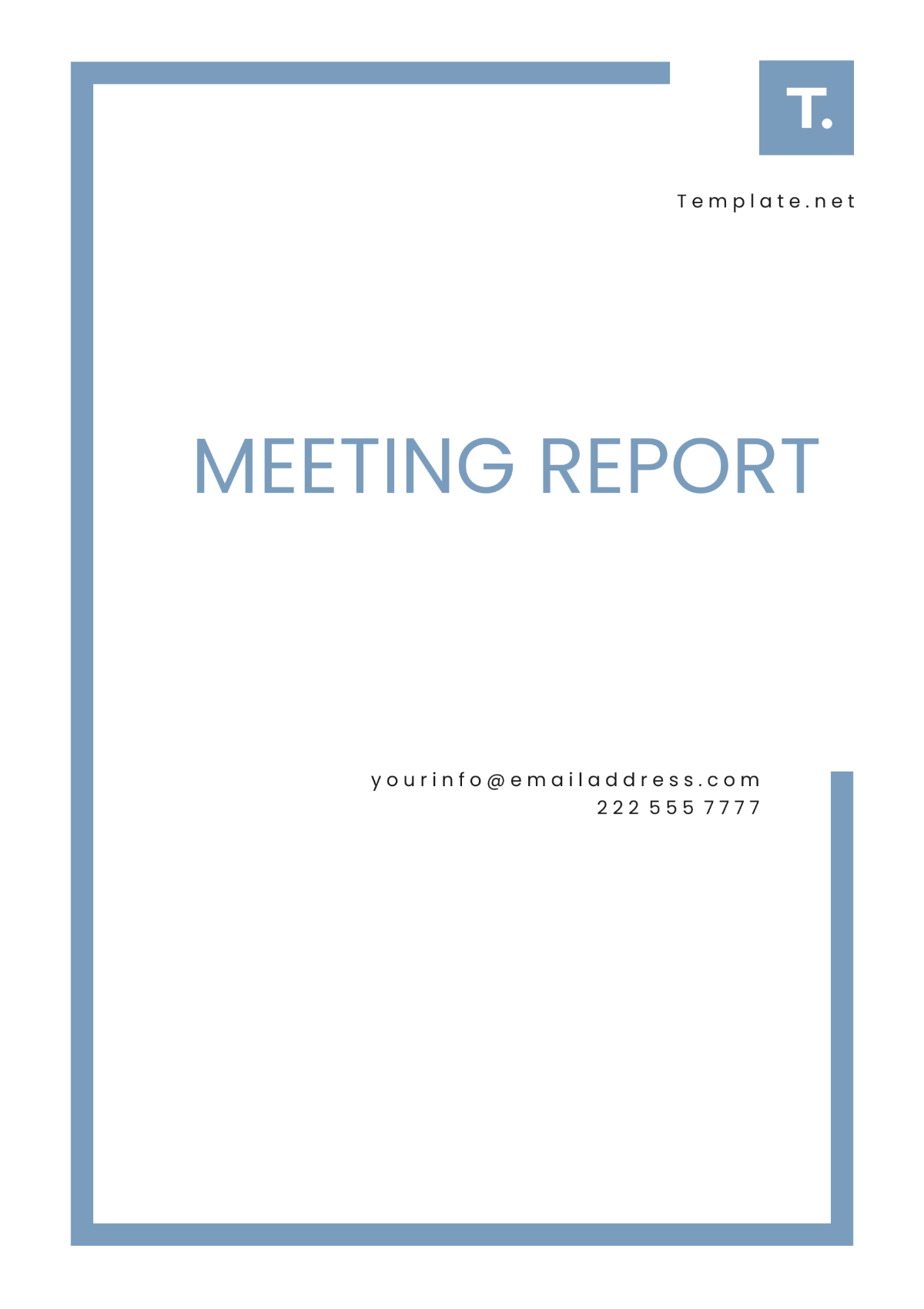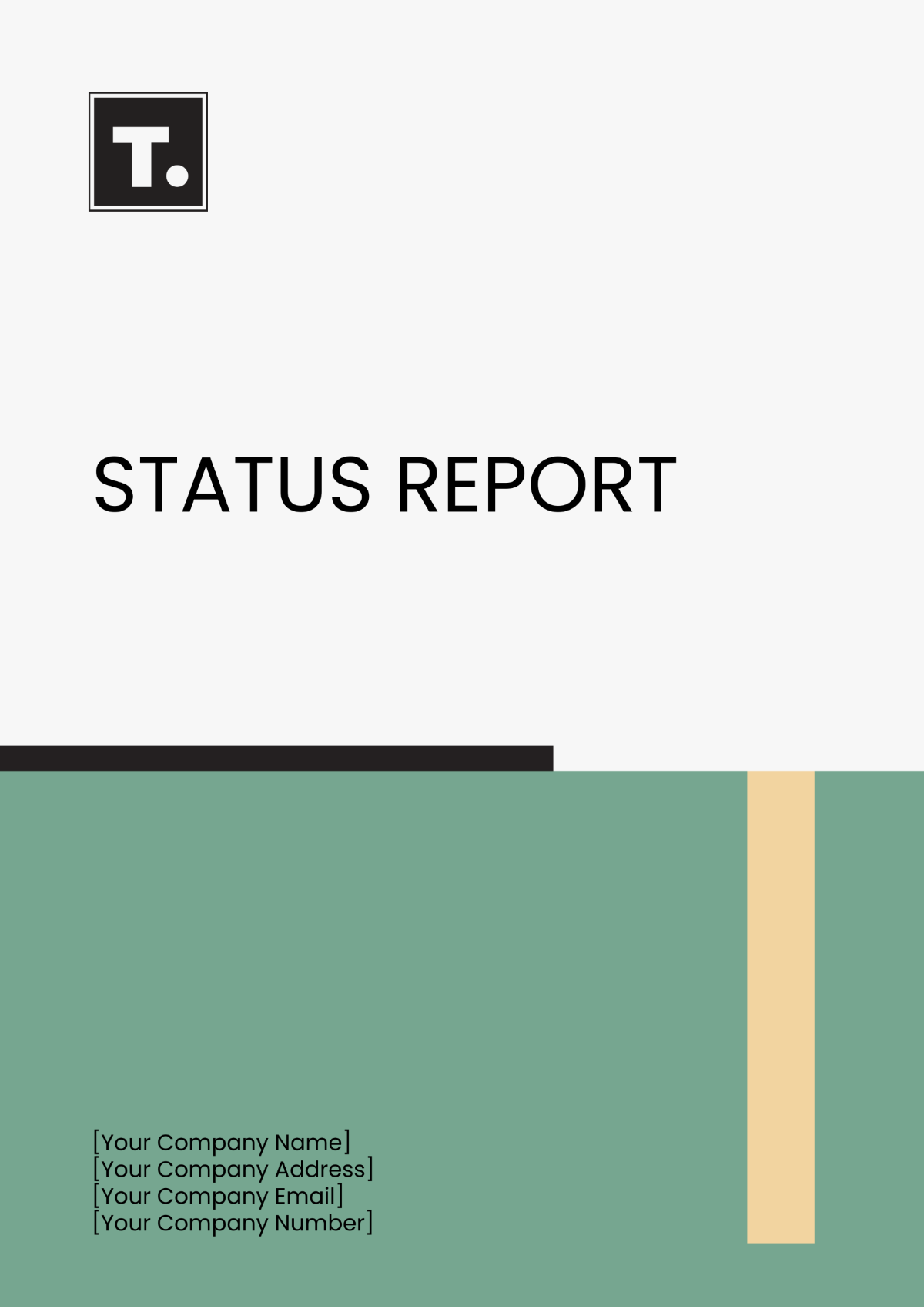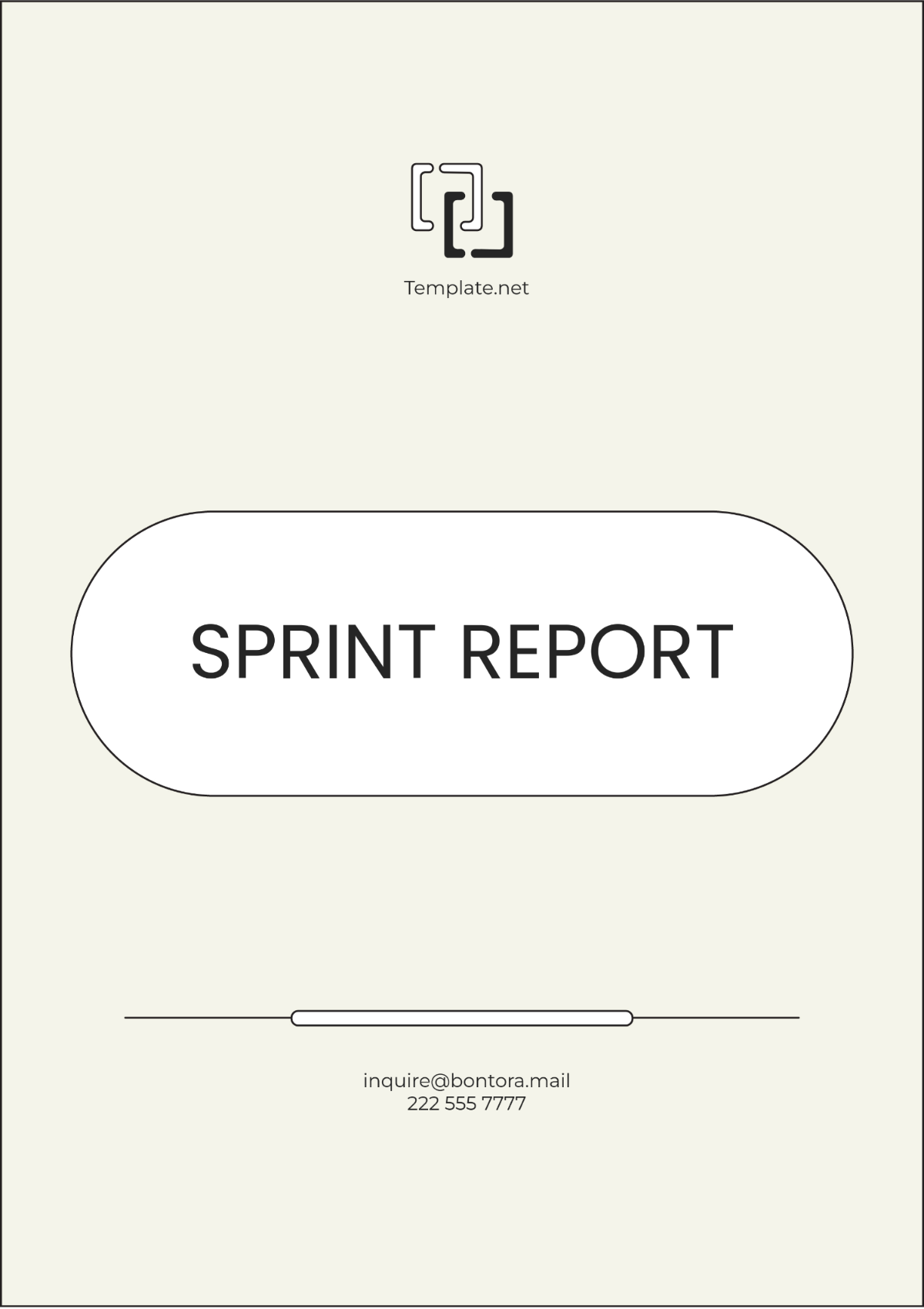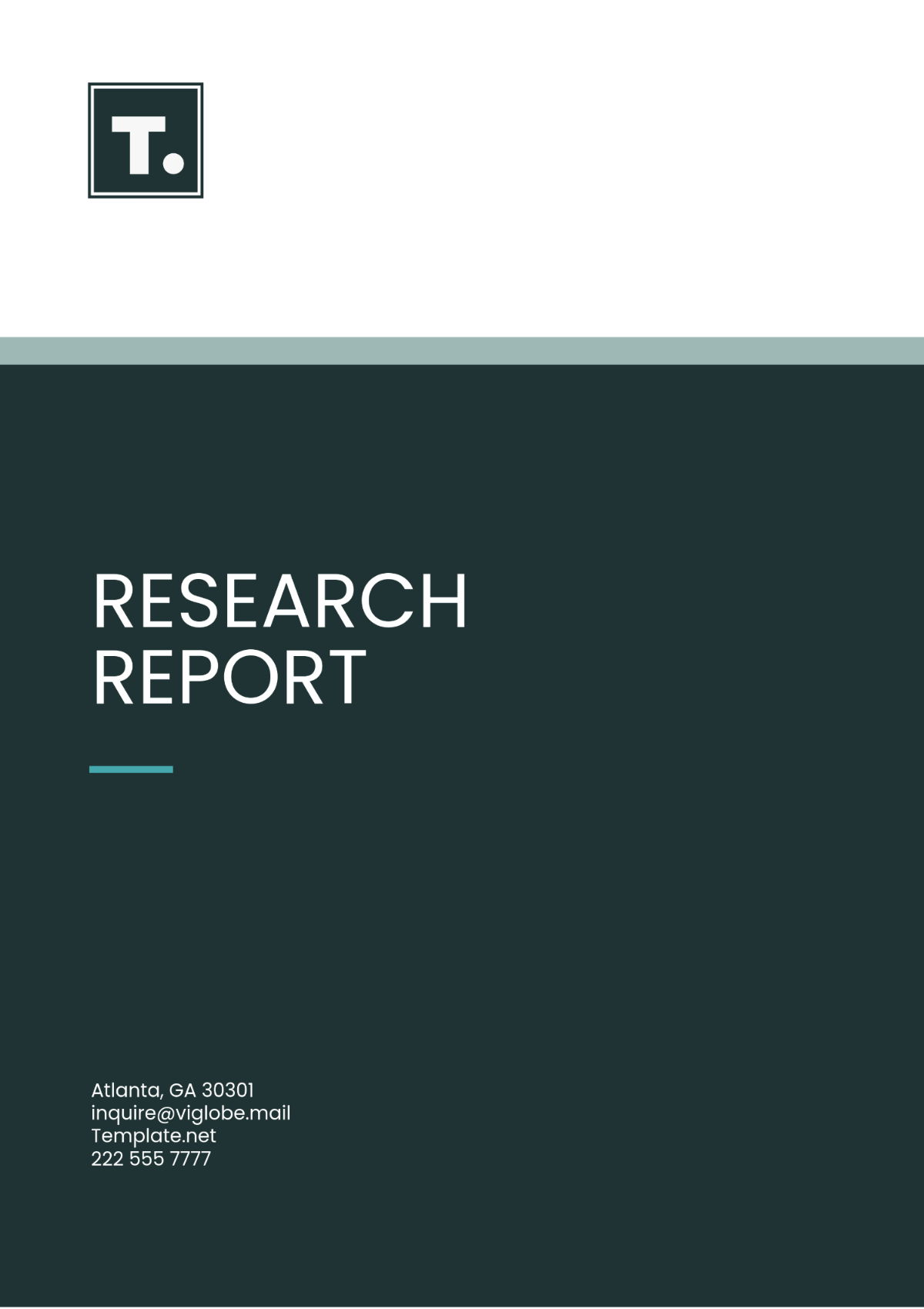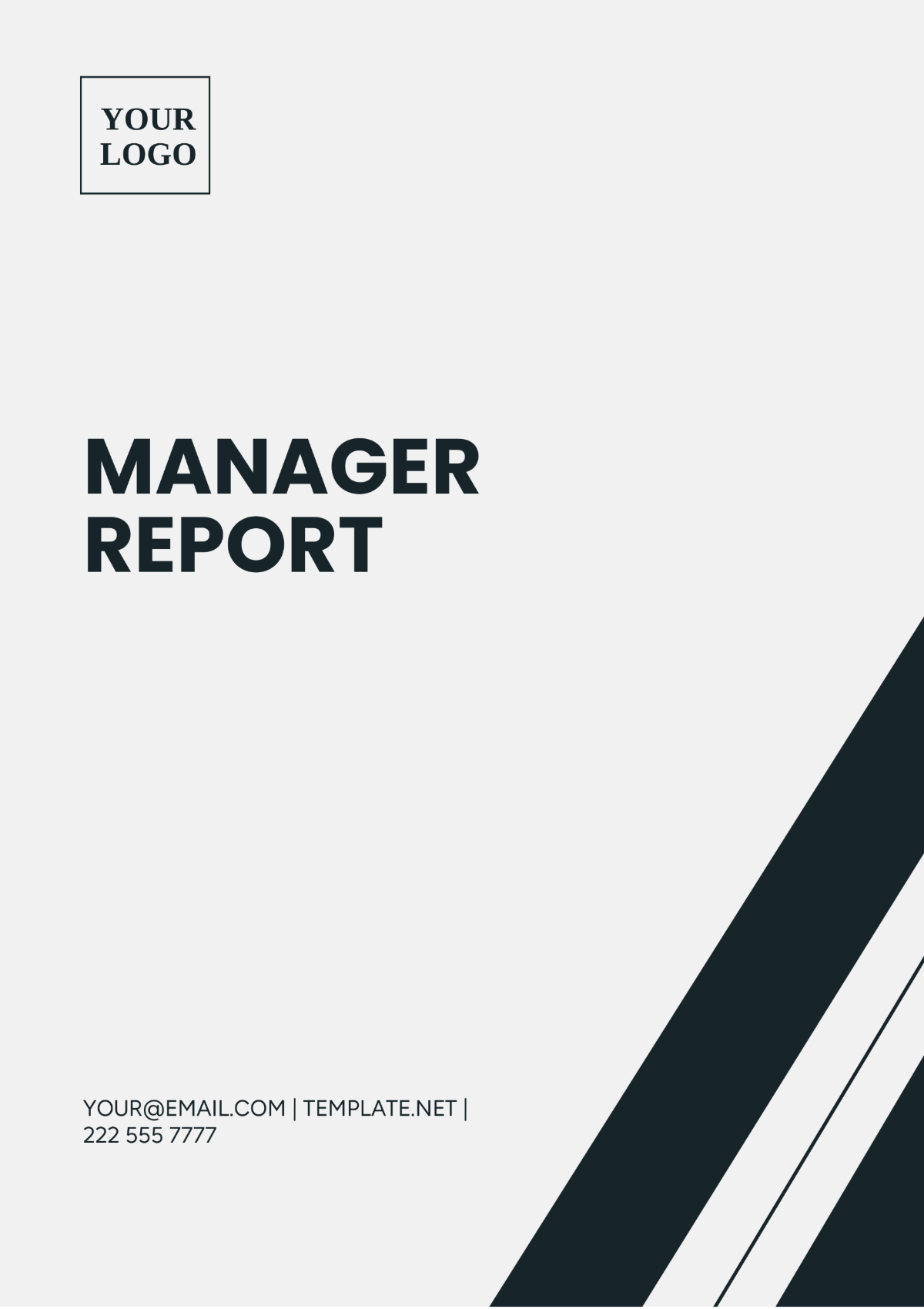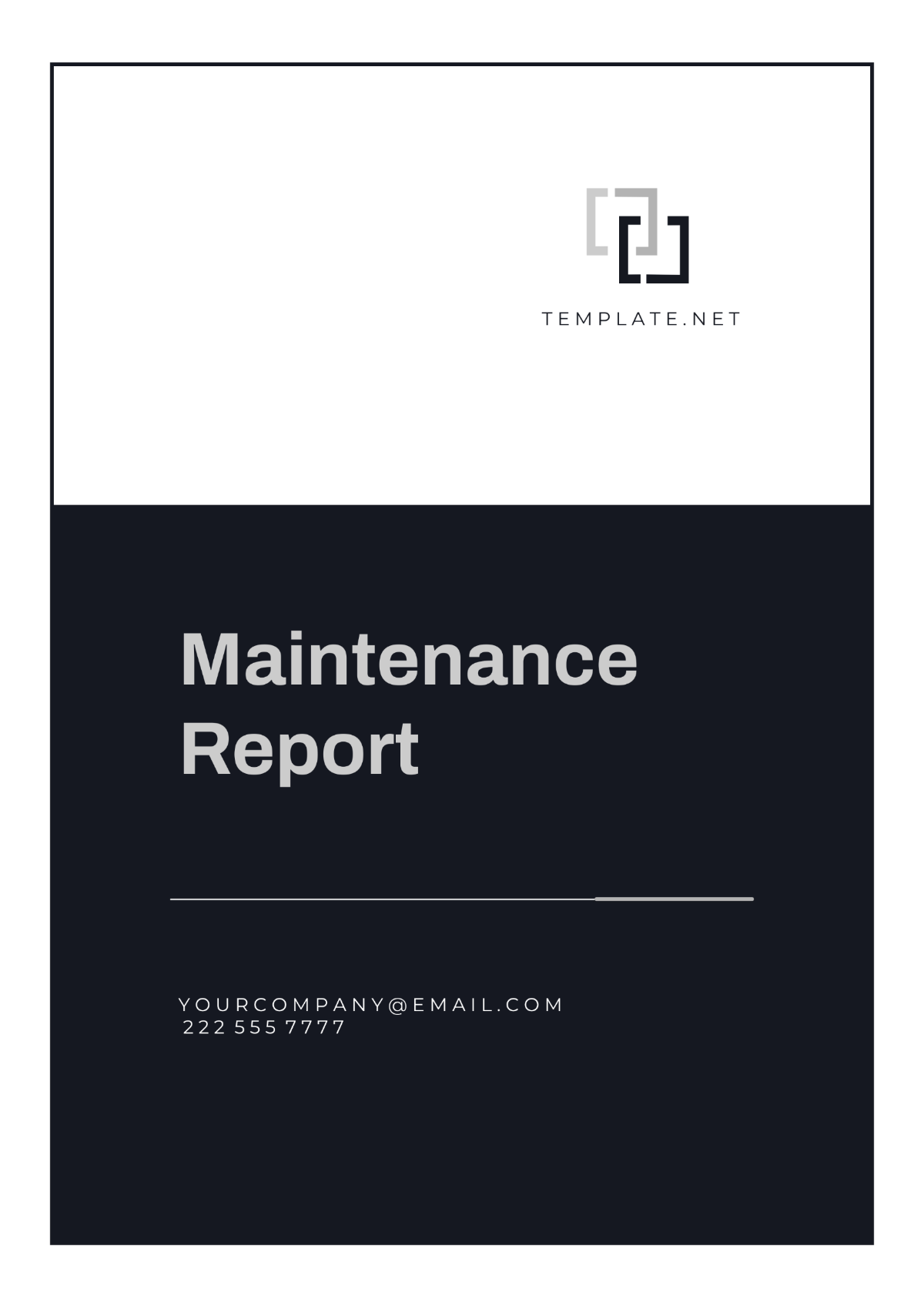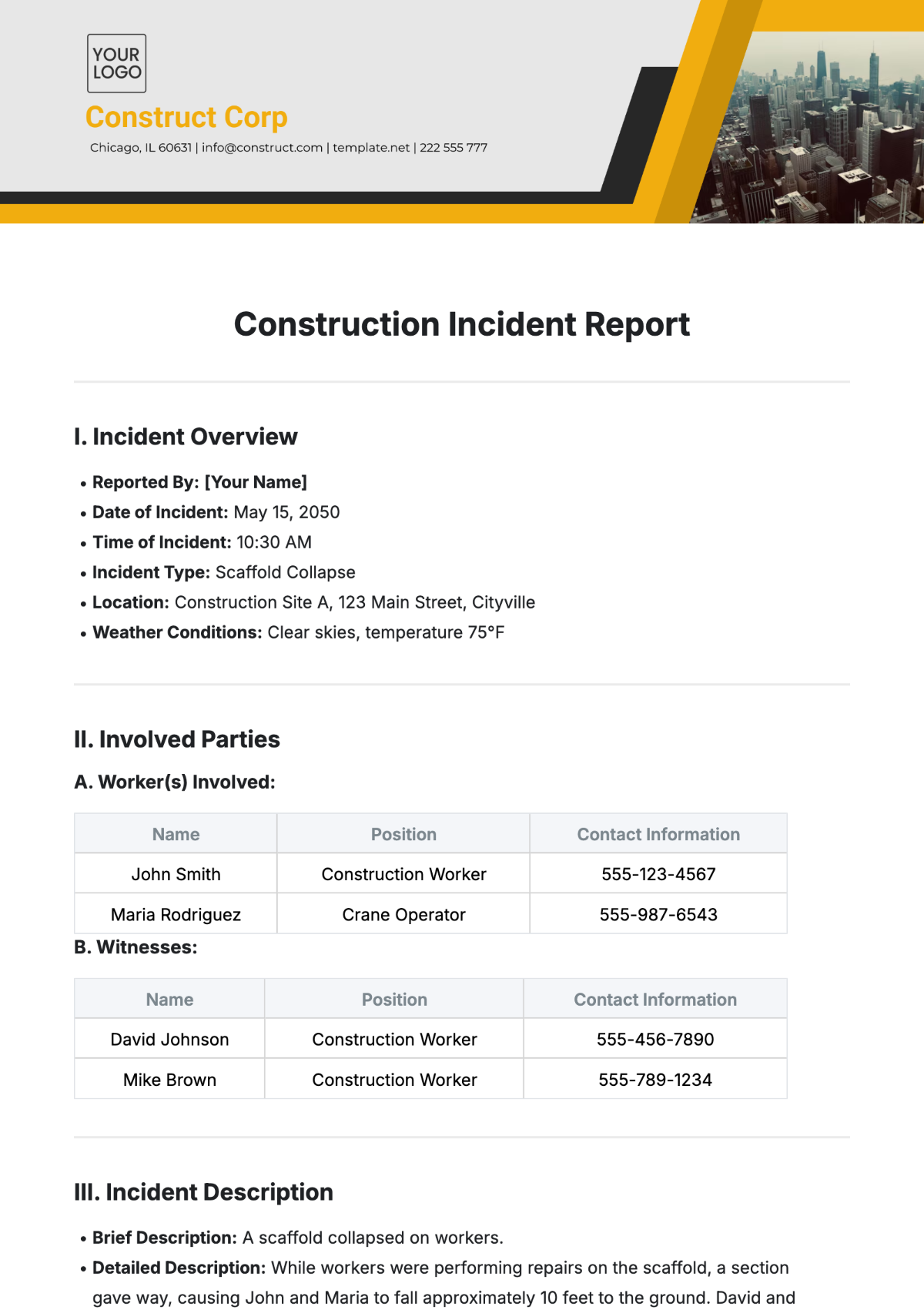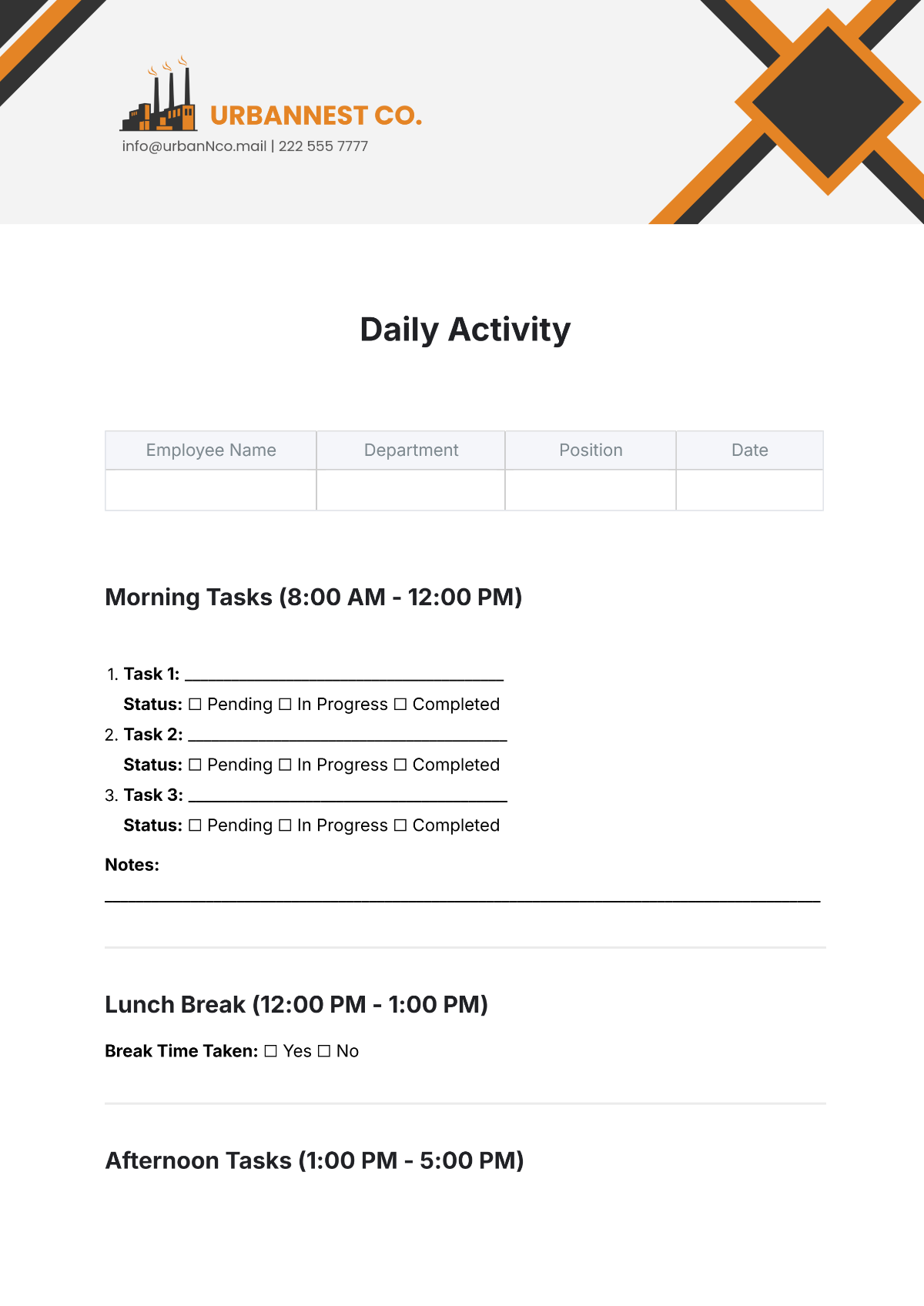Free Project Design Audit Report Template
Project Design Audit Report
Introduction
This audit report provides a detailed analysis of the project design process at [Your Company Name]. The purpose of the audit is to ensure that the design process aligns with organizational goals and industry standards and to identify areas for improvement.
Scope of the Audit
The audit covers the complete project design lifecycle, including planning, execution, and review phases. Key focus areas include alignment with specified requirements, efficiency of design processes, and compliance with relevant regulations and best practices.
Methodology
The audit employed a multifaceted approach, combining document reviews, interviews with key personnel, and a thorough analysis of project design outputs. Data collection occurred over three months, ensuring a comprehensive assessment of current design practices and their effectiveness.
Audit Findings
The audit findings are detailed below, with key observations summarized using bullet points for clarity.
Finding | Description | Impact | Recommendation |
|---|---|---|---|
Design Process Efficiency | The current design process involves multiple redundant steps that could be streamlined. | Delays in project completion and increased costs. | Implement a lean design methodology to eliminate redundancies. |
Compliance with Standards | Certain design projects did not fully comply with industry-specific standards. | Potential for non-compliance fines and reputational damage. | Ensure all design teams are trained and regularly updated on industry standards. |
Resource Allocation | Resource allocation for critical design phases is insufficient. | Affects the quality and timelines of the project outcomes. | Strategically plan and allocate resources based on project priorities. |
Key Observations:
The project design team possesses strong technical skills but lacks awareness of recent developments in design software tools.
Communication between the design team and other departments needs to be improved to enhance collaborative efforts.
There is a notable gap in the documentation and archiving of design processes which may hinder future references.
Recommendations
Based on the findings, the following recommendations are proposed to enhance the project design process:
Continuous Training: Regularly update and train the design team on the latest industry tools and methodologies to ensure they remain competitive and efficient.
Cross-Departmental Workshops: Implement workshops aimed at improving communication and collaboration between the design team and other departments, fostering a more integrated project approach.
Documentation Strategy: Develop a comprehensive documentation strategy for design processes to ensure traceability, facilitate knowledge retention, and support future projects.
Conclusion
The audit of the project design process at [Your Company Name] has identified critical areas for improvement. By addressing the recommendations outlined in this report, the organization can enhance the efficiency, compliance, and overall quality of its design projects. Continuous monitoring and periodic audits are advised to maintain progress and consistency in the process lifecycle.

